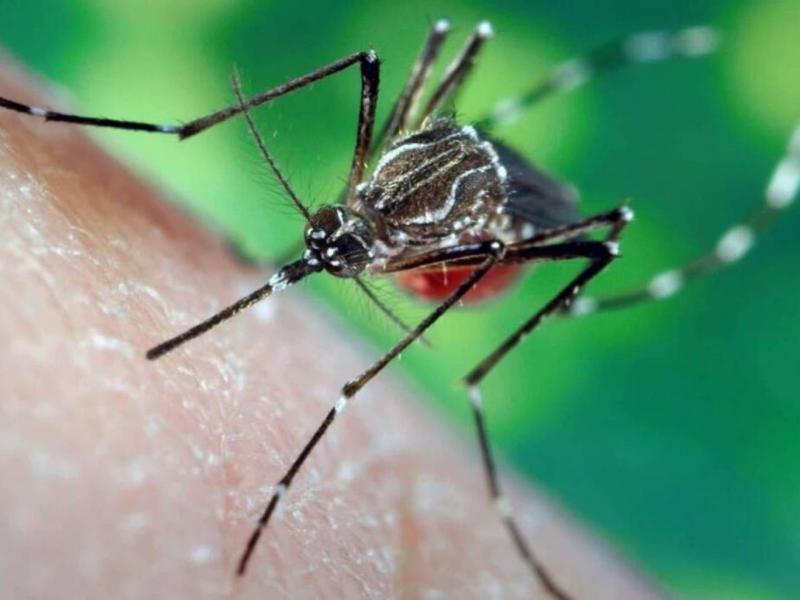The Israeli Ministry of Health announced on Wednesday the death of 11 Israelis from West Nile fever. The ministry reported that most of the patients are from central Israel. It stated that, in general, about 80% of those infected do not show symptoms, while about 20% experience varying degrees of symptoms, including fever, headache, widespread body aches, and general malaise. Neurological complications occur in less than 1% of cases. The Israeli health authorities emphasized that it is important to note that the virus does not spread from person to person and the disease does not transfer from humans to mosquitoes.
The Ministry of Health and the Ministry of Environmental Protection had announced that in the past week, a female mosquito infected with West Nile fever was found in Tel Aviv and Rishon Lezion in stagnant water samples that were tested. The two ministries urged local authorities to cooperate in health extermination campaigns and launched a media campaign to raise awareness about the need to drain stagnant water sites to prevent mosquito breeding.
West Nile fever is a serious disease that has no medication for treatment and can worsen particularly among immunocompromised individuals, spreading through the bite of an infected mosquito. The incubation period from the moment of the bite until the symptoms appear ranges from 5 to 21 days, and the illness in humans lasts between 3 to 6 days before resolving on its own. The illness caused by the West Nile virus resembles the flu, with patients suffering from fever, headache, weakness, joint and muscle pains, rash, and sometimes nausea and diarrhea. Potential rare complications include acute inflammation of the brain or meningitis.




